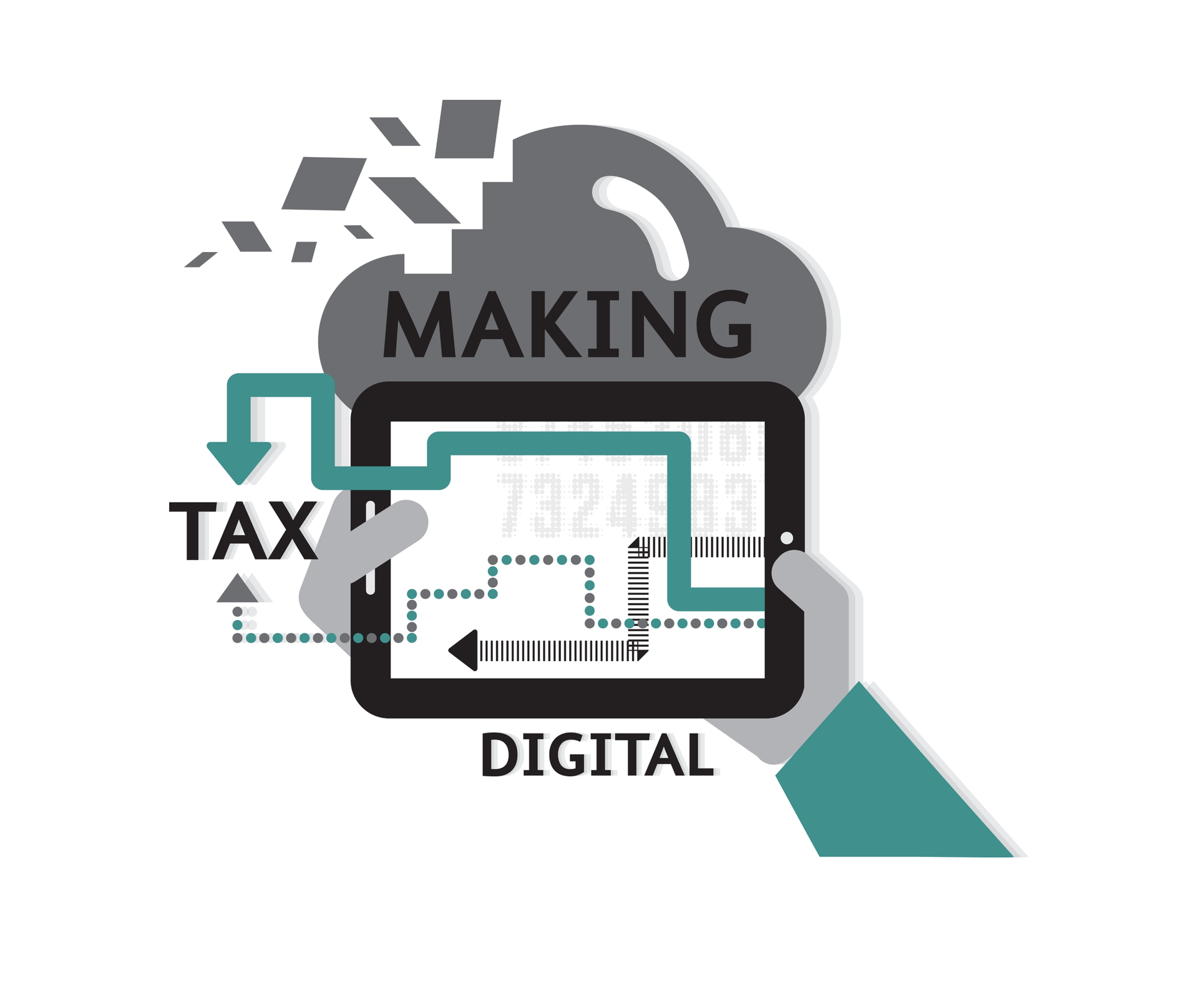
The tax rules for property businesses have changed considerably over the past decade. Almost all these changes have been made with the aim of making property letting less attractive. This makes it all the more important to ensure legitimate tax deductions are correctly identified and claimed.
One area where there is often confusion is that of whether work done on a property constitutes a repair, in which case the cost is allowable as a deduction against income (i.e., a revenue cost), or an improvement which is capital in nature, and can only be deducted against the eventual sales proceeds.
Unfortunately, there’s not always a clear distinction. For example, it should be clear that building an extension is a capital cost. However, would this still be the case if the extended part became damaged and had to be replaced?
HMRC's guidance in its property income manual is a useful starting point. Their approach is that where there is significant capital improvement the cost is likely to be capital in nature. However, where the capital improvement is incidental, the whole cost can be included as a revenue expense.
Of particular interest in the HMRC guidance is the point that where a repair or replacement of part of a building lead to an element of capital improvement, due to the use of modern materials, the cost remains revenue in nature. The examples given are:
- Replacing wooden beams with steel girders, and
- Replacing lead pipes with copper or plastic pipes.
As a rule, the landlord should therefore be able to offset anything that involves a replacement with broadly equivalent materials.
Where there is both capital expenditure and revenue expenditure, a reasonable apportionment may be made if, for example, a single invoice has been issued.
If you are unsure about an aspect of tax regarding your let property, please drop me a line at martin.johnson@torgersens.com.
The information provided in this blog is for general informational purposes only and should not be considered professional advice. As far as we are aware, the content is accurate at time of publication. Torgersens assumes no responsibility for errors or omissions in the content or for any actions taken based on the information provided.




.jpg)



